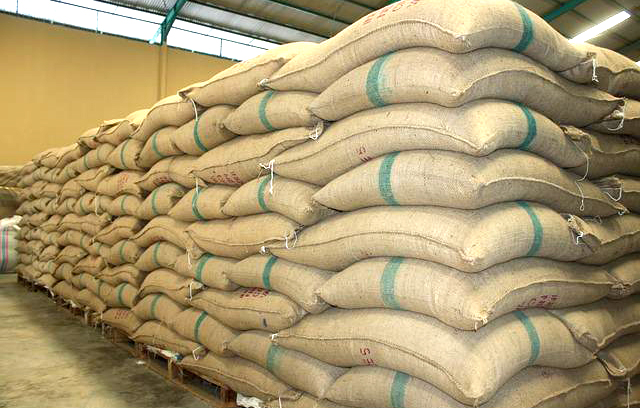Source: Ukragroconsult (Ukraine)
Flour millers across the Middle East are bracing for increased competition from Saudi Arabia in the export market as expectations grow that the government will loosen controls on wheat purchases, S&P Global Platts said.
“This is causing us concern,” said a flour mill in the UAE. “Once state-owned organizations gradually move into the private sector, it will mean they will be better managed for future profits.”
Saudi Arabian flour mills purchase all their wheat from the Kingdom of Saudi Arabia’s government body responsible for food security, the General Food Security Authority (GFSA).
However, the source said, 2025 is expected to be the year when the government’s control over wheat procurement ends, meaning that grain processors will take over imports themselves rather than buying from the GFSA.
“This would allow mills to buy larger volumes and become major players in the export market in East Africa and the entire GCC,” he said.
Concerns about the change stem from Saudi Arabia’s advantages over neighboring markets, such as low operating costs and the country’s location.
“Strategically [flour mills in Saudi Arabia] are very well located. They are right on the Red Sea and the Persian Gulf and have good port infrastructure. They also have cheap energy and modern equipment, which makes them very competitive in terms of price and production costs,” Fabien Varagnac, an independent consultant on the flour milling sector, told S&P Global Commodity Insights.
However, the country will also have to face the challenges of transitioning from the public to the private sector.
“There are major challenges to overcome because [Saudi flour mills] have developed for a long time in a regulated and state-run environment. They are not used to competition, so this will be a major challenge for them. Although they are investing heavily and hiring top-notch experts from around the world to implement internal processes, it takes time to acquire the necessary knowledge.”
No timeline or determination has yet been announced as to when the Saudi government will relax controls on wheat purchases, but businesses in neighboring countries are watching the situation closely as “it could affect future business,” the UAE-based company said.
In November, the GFSA agreed to allow licensed flour milling companies to export flour to international markets. This follows the completion of privatization of the flour milling sector in 2021 as part of the Kingdom of Saudi Arabia’s Vision 2030.
Saudi Arabia’s wheat imports are set to reach 4.25 million tons in the 2024-2025 marketing year (July-June), up 2% from the previous year’s volume of 4.16 million tons, according to the USDA’s Foreign Agricultural Service (FAS) semi-annual report released on October 21.

